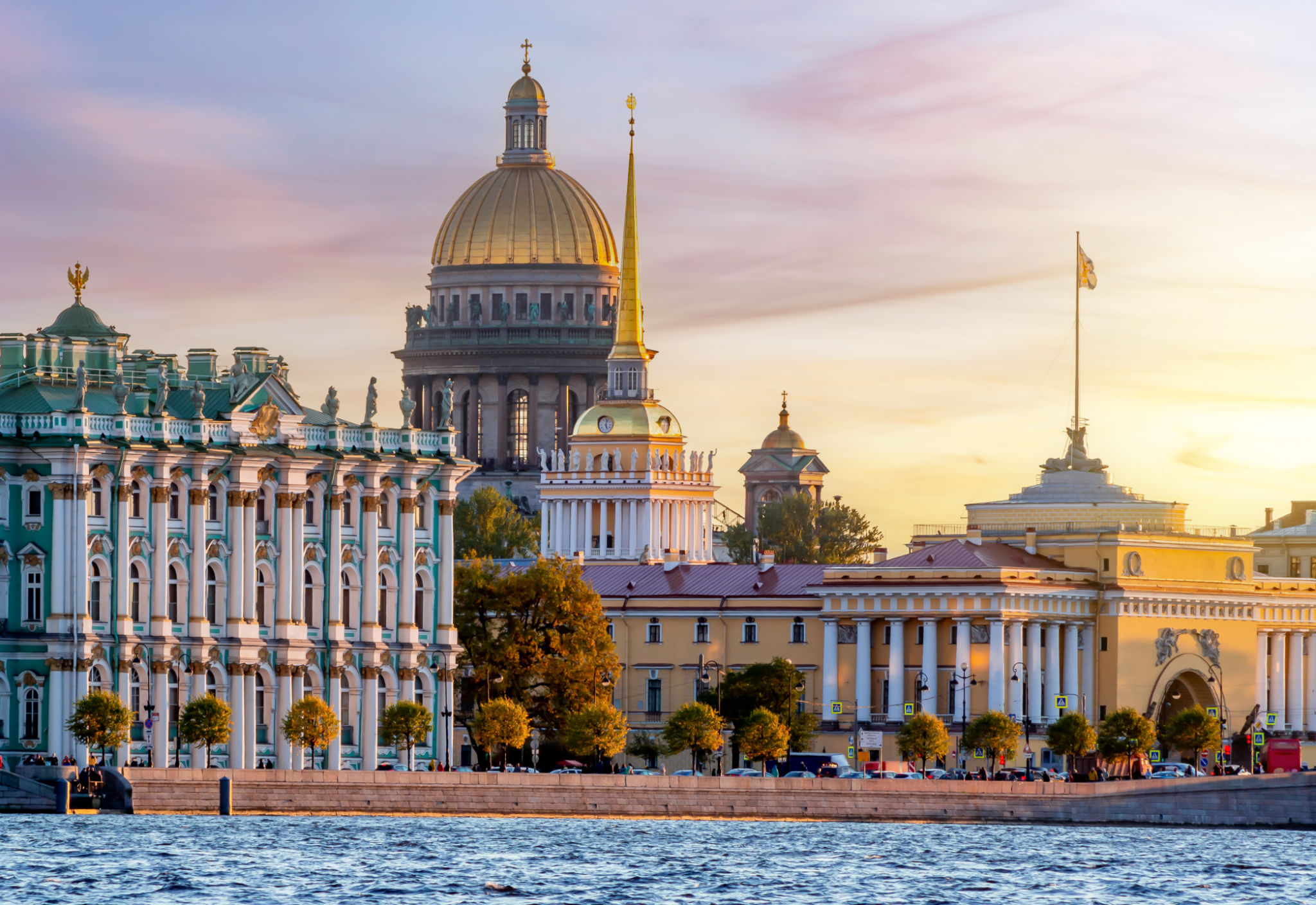Understanding Local Regulations for Real Estate Projects in St. Petersburg
Es
Introduction to Local Regulations
Understanding the local regulations for real estate projects in St. Petersburg is crucial for anyone involved in property development. These regulations are designed to ensure that projects align with the city's planning goals and community standards. Whether you're a seasoned developer or a newcomer to the real estate market, comprehending these rules can significantly impact the success of your project.
St. Petersburg's regulatory framework encompasses zoning laws, building codes, environmental regulations, and more. Familiarity with these elements can help you navigate the complexities of property development while avoiding potential legal pitfalls.

Zoning Laws
What Are Zoning Laws?
Zoning laws in St. Petersburg dictate how land can be used in different parts of the city. These laws are crucial for maintaining the character of neighborhoods and ensuring orderly development. Zoning categories might include residential, commercial, industrial, and mixed-use areas, each with specific requirements and restrictions.
Understanding which zoning category your project falls into is essential for compliance. This will guide decisions on everything from the type of structures you can build to the activities you are allowed to conduct on the premises.

Building Codes
The Importance of Building Codes
Building codes are another critical component of local regulations. These codes ensure that structures are safe, accessible, and sustainable. In St. Petersburg, building codes cover a wide range of considerations, including structural integrity, electrical systems, plumbing, and fire safety.
Adhering to these codes not only ensures compliance but also enhances the quality and safety of your real estate project. Engaging with qualified architects and engineers who are familiar with local building codes can be immensely beneficial.

Environmental Considerations
Protecting St. Petersburg's Natural Beauty
Environmental regulations play a significant role in preserving St. Petersburg's natural beauty and ecological balance. Developers must consider aspects such as water management, waste disposal, and energy efficiency. Projects near sensitive areas like waterways or parks may face additional scrutiny and requirements.
Incorporating eco-friendly practices into your development plans can not only help meet regulatory standards but also appeal to environmentally conscious buyers and investors.

Navigating the Approval Process
The approval process for real estate projects in St. Petersburg can be intricate and time-consuming. It typically involves submitting detailed plans and documents to city authorities for review. Engaging with local officials early in the process can provide valuable insights and facilitate smoother progress through regulatory hurdles.
Additionally, public hearings may be required for certain projects, providing an opportunity for community input. Being prepared to address community concerns can positively influence the outcome of these hearings.
Conclusion: Staying Informed and Compliant
Successfully navigating local regulations is a cornerstone of any real estate project in St. Petersburg. By understanding zoning laws, building codes, environmental considerations, and the approval process, developers can ensure they remain compliant while contributing positively to the community.
Staying informed about regulatory changes and seeking professional guidance when necessary are key strategies for overcoming challenges and achieving success in the competitive real estate market of St. Petersburg.
